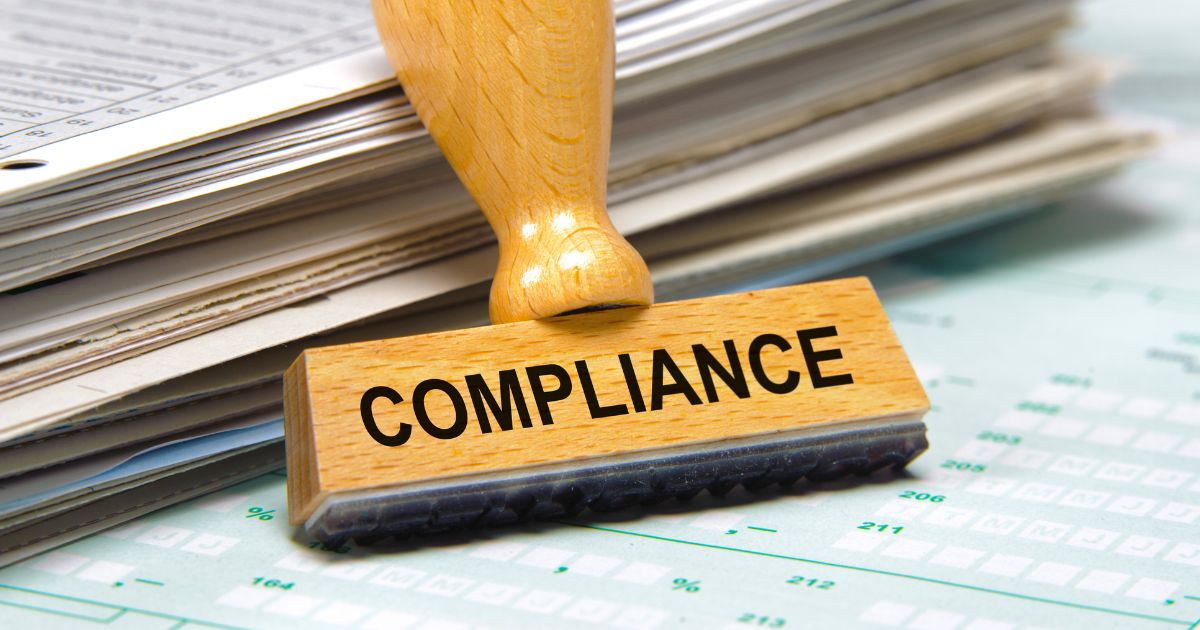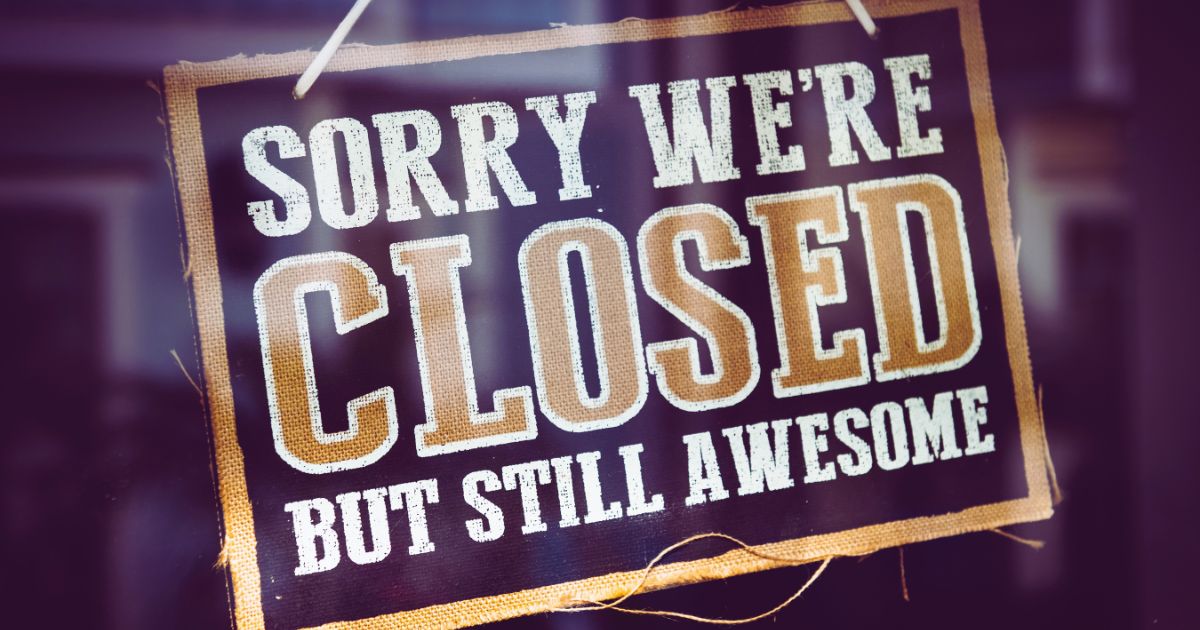
“Send me your business plan” – entrepreneurs will have heard these words at one time or another when looking for investors or funding for their business. Business models on the other hand, while not a new concept, are continuing to gain popularity for being a more visual, dynamic and action-focused way of presenting your business strategy.
So which one should entrepreneurs opt for? Do you have to choose one or the other? Or, can you have both?
Grant Robson, executive chairman of The Finance Team, an outsource financial firm, gives us the answers to the questions above, and also gives advice on how to put together a convincing business plan or model to suit your particular planning needs.
What is the difference between a business plan and business model?
The biggest difference between a business plan and a business model, is that a plan is document used to sell your idea to potential investors. A business model describes the rationale of how an organisation creates, delivers, and captures value in economic, social context, the competition, demographic and how income will be generated. The process of constructing a business model is part of the business strategy.
“The business plan is a static document, but the business model canvas evolves”
Is a business model a better option than a business plan?
The two go hand in hand. In my opinion, you can’t have a business plan if you don’t have a business model – and you won’t have a business without a business model. A business model is a better fit for existing small business owners rather than a business plan because it’s more visual – most business owners think visually.
Planning a strategy seems to work better for business owners than writing out a ten page document. It’s also more dynamic – the business plan is a static document, but the business model canvas evolves as the business owner experiences the world around them.
Which one is a better option for entrepreneurs who require funding from banks/investors, and why?
A business plan is definitely critical if you need to approach a bank or investor for funding. It is essential for your enterprise, whether your business is starting up or already established, it’s the roadmap for future development.
A good business plan will help you obtain financing, arrange strategic alliances and attract potential investors to your business which is becoming critical in the current BEE environment here in South Africa.
Make sure your business plan consists of at least three types of standard financial information: a cash flow statement, income statement (sometimes referred to as profit/loss statement) and a balance sheet.
See Also: How to create a Business Plan for your Startup
What are some of the basic elements you need for your business model?
Firstly and most importantly, you have to clearly identify the opportunity for your business in the market. Then identify your market – elaborately. What are the services you are offering?
Have a marketing and sales plan in order, because sales is basically your business, and what’s going to drive it. You need to have a good forecast in order as well to show where you see your business two years from now, how you will be generating income from it and how you plan to pay your investors back.
What are the advantages of having a business model?
The very fact that you have gone through the trouble and have done the research in putting a business model together, shows the bank/investor that you know what you’re talking about. A more visual, more dynamic, more action focused and more activity-driven tool would be valuable to any business owner. You can’t go wrong with a business model.






